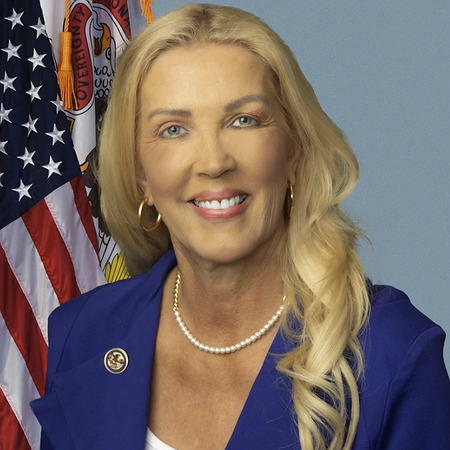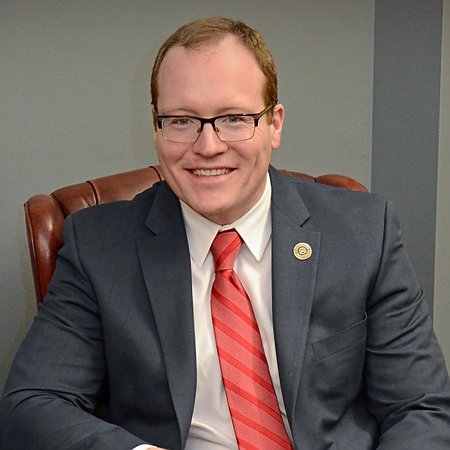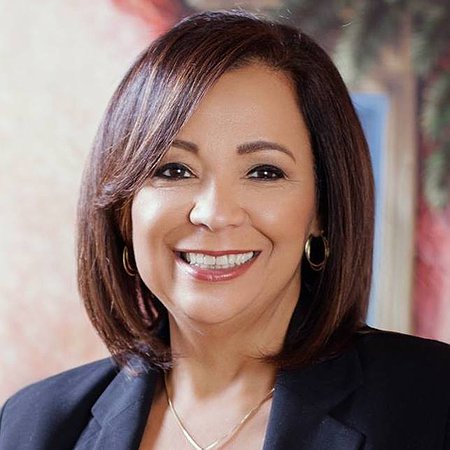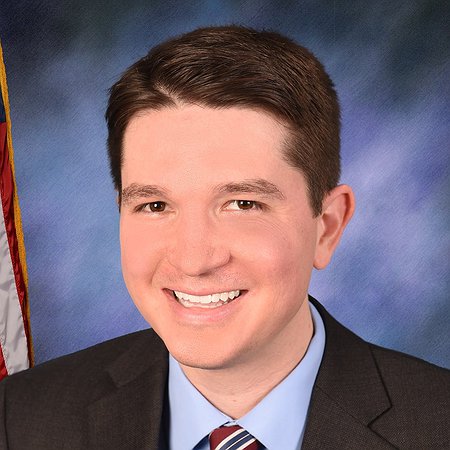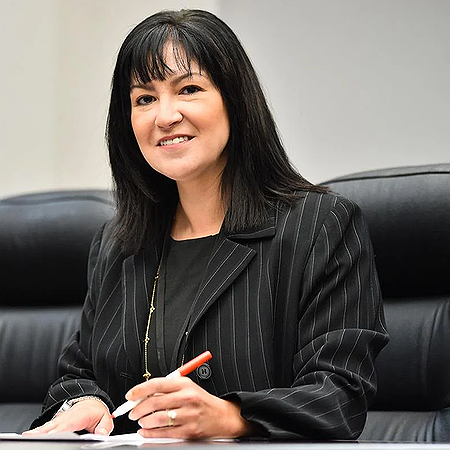State Rep. Patrick Windhorst Spreads False Narrative About Bail Reform, Legislative Process
In calling for the repeal of the Pretrial Fairness Act, State Representative Patrick Windhorst misrepresented the legislative process that led to its passage in January 2021, spreading the false narrative pushed by law enforcement and other conservative lawmakers that the bill had been written “in the dark of night."
The Briefing

In calling for the repeal of the Pretrial Fairness Act, State Representative Patrick Windhorst misrepresented the legislative process that led to its passage in January 2021. Specifically, Representative Windhorst spread the false narrative pushed by law enforcement and other conservative lawmakers that the bill had been written “in the dark of night in the waning hours of the 101st General Assembly with no Republican participation and little police advocate involvement.”
The Pretrial Fairness Act and the Legislative Process
In reality, experts, advocates, stakeholders, and legislators have been transparently discussing the proposed legislation for years—including in subject matter hearings that Representative Windhorst himself participated in. Far from being first seen in 20121, the first iteration of the Pretrial Fairness Act was introduced as the Equal Justice for All Act by then-Representative Christian Mitchell in February 2017. The renamed and improved bill was reintroduced by Senator Robert Peters during the 2020 legislative session—a full year before it passed the General Assembly. In the intervening almost four years, the legislature held at least three full subject matter hearings on ending money bond and enacting pretrial justice reforms in April 2019, February 2020, and October 2020. Each of those hearings included the voices of experts, advocates, and law enforcement, and gave legislators the opportunity to ask questions about pretrial justice issues and learn more about proposed legislative changes. Several hearings were held before the House of Representatives Judicial-Criminal Committee, of which Representative Windhorst is a member.
In spring 2020, the Illinois Governor JB Pritzker’s Office and legislative leaders began convening multiple working group meetings of court stakeholders to discuss pretrial reforms. Those meetings included representatives from the Probation and Court Services Departments, the Illinois Sheriffs’ Association, the Illinois State Police, the State’s Attorneys’ Association, and the advocacy community. Since the legislation’s passage, stakeholders from every branch of government and law enforcement have been working together in an implementation task force organized by the Administrative Office of Illinois Courts to ensure the legislation’s successful implementation.
Pretrial Fairness Act Follows Stakeholder Recommendations
In addition, the changes made by the Pretrial Fairness Act mirror a majority of the recommendations made by the Illinois Supreme Court’s Commission on Pretrial Practices. In December 2017, the Illinois Supreme Court established a Commission on Pretrial Practices to make factual findings and recommend pretrial reforms. The Commission’s membership included representatives from different stakeholders within the criminal legal system: judges, sheriffs, court clerks, prosecutors, police chiefs, and public defenders. In April 2020, the Commission released its final report with 54 recommendations, many of which are included in the Pretrial Fairness Act.
What is the Pretrial Fairness Act?
In February 2021, Governor JB Pritzker signed the SAFE-T Act (Public Act 101-0652) into law. Included in the legislation is a set of provisions relating to arrest, pretrial release, and pretrial incarceration known as the Pretrial Fairness Act. The Pretrial Fairness Act makes Illinois the first state to fully eliminate money bail. The law was passed in response to the Black Lives Matter protests of 2020, which followed years of organizing led by the Illinois Network for Pretrial Justice that mobilized thousands of people across the state in the fight for pretrial fairness.
The Pretrial Fairness Act will ensure that everyone has access to the presumption of innocence—regardless of their financial status—and reduce the number of people jailed while awaiting trial in Illinois. When people are jailed, even for short periods of time, their lives are significantly destabilized. Time in jail causes people to lose jobs, custody of their children, and housing. This destabilization impacts entire communities and makes all of us less safe in the long run. People who spend any period of time in jail are over 30% more likely to be arrested in the future compared to people with the same backgrounds who are released awaiting trial. People who are jailed pretrial also receive longer prison sentences than similarly situated people, further contributing to mass incarceration.
The Pretrial Fairness Act replaces the current wealth-based system, which relies almost exclusively on how much money a person can access, with a new decision-making system that determines pretrial release or detentions based on an evaluation of whether an accused person poses a threat to another person or is likely to intentionally avoid prosecution.
